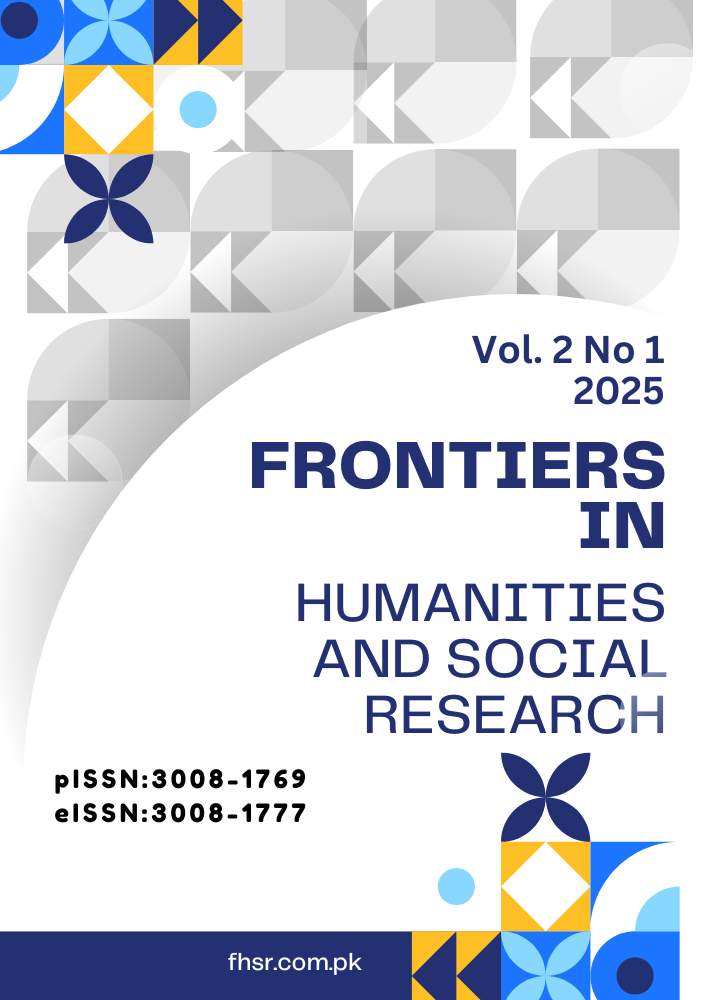An Empirical Study on the Effect of the Integration of Agriculture, Culture and Tourism on Restraining the Return to Poverty in Ethnic Groups with Cross-Stage Areas
DOI:
https://doi.org/10.71465/fhsr31Keywords:
integration of agriculture, culture and tourism, straight through ethnic rural areas, suppress returning to povertyAbstract
Under the background of preventing large-scale return to poverty and promoting rural revitalization, this study focuses on Yunnan Province, and explores the role of integration of agriculture, culture and tourism in inhibiting the effect of returning to poverty. The research is based on the data collected from field survey and questionnaire, using structural equation modeling and other methods for analysis. The results show that the resources and integration degree of agriculture, culture and tourism have a significant positive impact on the willingness and expectation of rural tourism development and the economic situation of families. Through the willingness and expectation of rural tourism development and the improvement of family economic situation, the effectiveness of anti-poverty measures can be indirectly enhanced, which plays a key role in reducing the risk of returning to poverty. Infrastructure construction has a significant positive impact on the expectation of improving the happiness index of life, and effective anti-poverty measures can enhance the enthusiasm and initiative of residents to participate in rural tourism development. This study provides theoretical basis and practical guidance for the integration of agriculture, culture and tourism to form an effective way to restrain returning to poverty, and is of great significance for consolidating the achievements of poverty alleviation and difficulties tackling and promoting rural revitalization.




